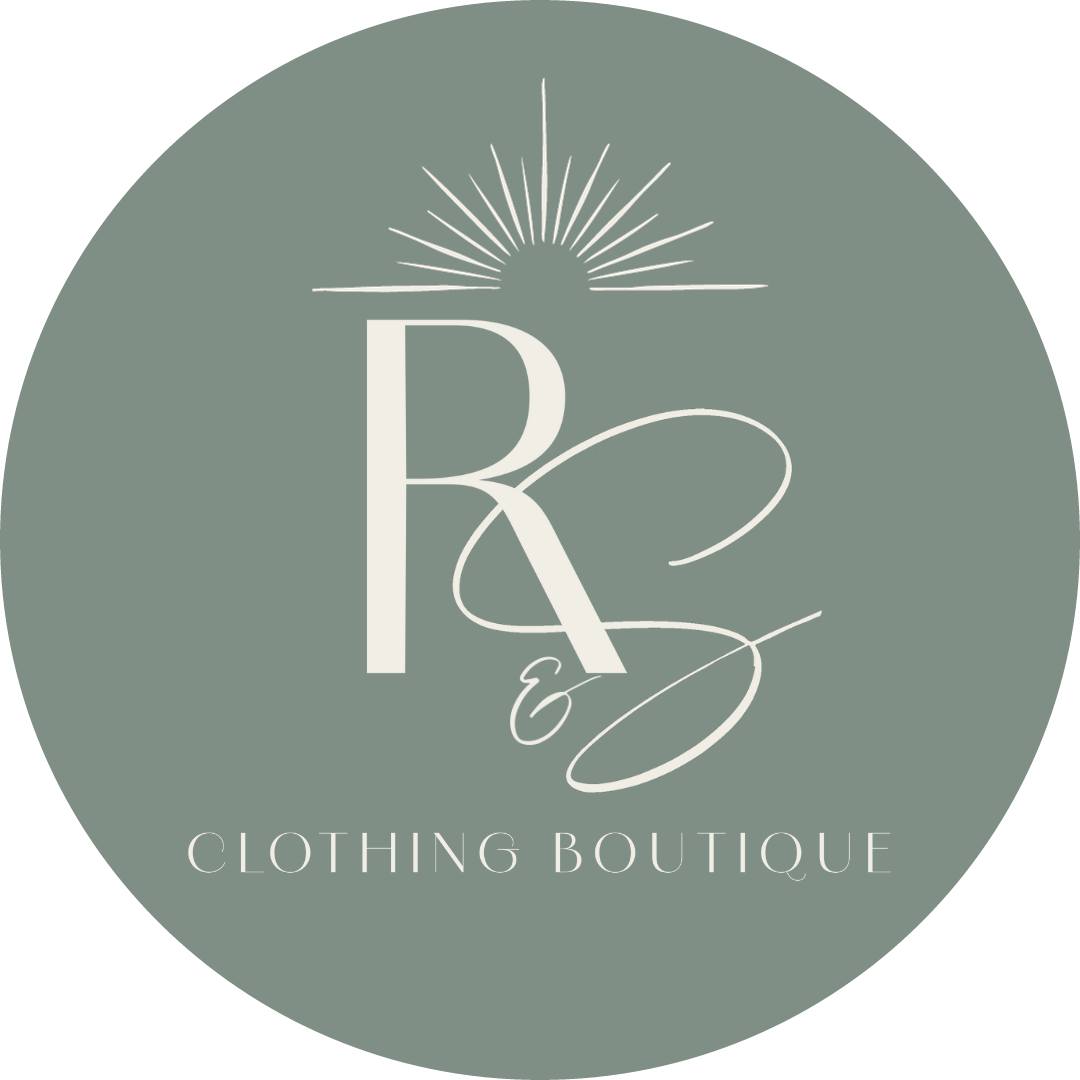There are many different retail models that an independent store can choose from, but one that is often overlooked is consignment. While people associate consignment with vintage clothing reselling or antique stores, it’s actually an amazing way for independent retailers to collaborate and sell with other retailers. We’ve put together this blog to introduce you to consignment and all the benefits it can have for independent stores and brands.
What is Consignment?
Consignment is a business model in which a store agrees to pay a supplier for merchandise once the item sells. In this model, the store agrees to sell goods on behalf of the supplier, but does not pay for the merchandise upfront. Instead, the supplier retains ownership of the goods until they are sold, and the retailer only pays for the items as they are sold. This arrangement can be especially helpful for suppliers who may not have the resources to market and sell their products on their own, as it allows them to leverage the retailer's existing customer base and sales channels. Additionally, consignment can benefit stores by allowing them to offer a wider range of products without having to carry the associated inventory costs.
Types of Consignment
Brick and Mortar
This is a type of consignment that occurs in a brick and mortar store, in-person. It is commonly used in stores where customers can physically see and touch the items for sale. By doing so, customers can gain a better understanding of the quality and feel of the items they are buying. This type of consignment, also known as in-person consignment, is a popular choice for brands that wish to sell their items in a physical store rather than purely online. In-person consignment can also provide a personal touch to the sales experience, as the store workers and the customers are able to interact directly with one another.
Online
Online consignment is consignment that occurs in an online store. It’s also commonly known as dropship. In the case of online stores, consignment can occur entirely over the internet, with brands shipping their products to the store’s warehouse or through dropshipping, which allows brands to ship their products directly to customers without the store holding physical inventory. Both fulfillment methods can be an efficient and cost-effective ways for brands to reach a wider audience and for stores to offer a wider selection of products to their customers.
Showrooming
Showrooming is a retail strategy that combines online and physical consignment. This method involves customers visiting a brick-and-mortar store to see the product in person before ordering it online from the store. The brand would then fulfill the order through the dropship method. This way, customers can inspect the product before making a purchase, and the store can reduce the cost of maintaining inventory.
The benefits of showrooming are not limited to customers and stores. For customers, it provides a more tactile shopping experience, allowing them to touch and feel the product before making a decision. For stores, it reduces the cost of maintaining inventory and improves cash flow. Furthermore, showrooming can also help brands to increase their customer base and build brand recognition.
In addition, showrooming provides an opportunity for brands to showcase their products and services. By creating an engaging and interactive environment, stores can attract customers and build lasting relationships. This can be achieved through product demonstrations, interactive displays, and informative signage.
Benefits for Stores
Consignment retail can be an excellent way for stores to minimize their risks and simplify their operations. By selling products on a consignment basis whether online, offline or both, stores can take advantage of a range of benefits that are not available through traditional wholesale retail channels.
Reduced Risk and Hassle
One of the key benefits of consignment retail is that it reduces risk and hassle for the store. Because the store is not purchasing the products upfront, it does not need to worry about unsold inventory or the risk of being stuck with a basement full of products that do not sell well. Instead, the store can focus on providing customers with high-quality products and excellent customer service.
New and fresh products
Another advantage of consignment retail is that it allows stores to offer new and fresh products to their customers on a regular basis. By collaborating with independent brands that are creating original and unique products, they can help stores stand out from their competitors and attract new customers. Additionally, selling through consignment can be a great way for stores to test new products and ideas without making a large investment.
Room to grow
Finally, consignment retail can also provide room to grow for stores that are interested in expanding into wholesale. By building relationships with new brands, stores can gain valuable experience in product selection, merchandising, and customer service. This experience can help stores transition their brand relationships into wholesale with greater ease and confidence, potentially opening up new revenue streams and opportunities for growth. They can also determine the market fit of new products and brands without risking their bottom line. Once a product proves itself, a store can purchase it wholesale from the brand at a discounted rate.
Benefits for brands
Easy introduction to store partners
While wholesale often seems like the best fulfillment method for independent brands, it can be difficult to find store partners who believe enough in a brand’s products and vision to invest upfront. Consignment has the advantage of reducing risk for the store, and therefore making them more willing to take a chance on a new brand, in addition to building their reputation and reach.
Increased Exposure and Access to a Wider Audience
There are several benefits that brands can gain from using this strategy. One of the most important benefits is that it offers increased exposure and access to a wider audience. This is because the strategy helps to create brand awareness and attract new customers who may not have otherwise been aware of the brand's existence. By partnering with a new store, a brand gains access to their network and audience, thereby expanding their own brands reach. Additionally, it can help to build the brand's reputation by showcasing its products or services to a wider audience.
Reputation building
Consignment can also help to establish the brand as a trusted and reliable source of products or services. One aspect of accessing a wider audience is becoming a recognizable brand name. So much of reputation comes down to recognition. If a potential customer sees a brand’s products online but is unsure of their quality, then sees the same products in a store they trust they’re likely going to be more willing to purchase. Not only does a brand build their recognizability, but also benefit from the implicit recommendation of their new store partner.
Things to consider
While consignment is an amazing way to collaborate with other retailers, it can easily become overwhelming if you don’t have a simple way to track it. Stores who may have consignment relationships with more than one brand have to keep track of all purchases from each brand and invoice them correctly at the end of the month. Brands also have to keep track of inventory both physical and online, and can worry about getting paid the correct amount for the goods they’ve consigned. A platform like Matagora automates those issues away to make selling together simple. With Matagora retailers can track each purchase from start to finish, and automate all invoicing so a payment is never missed. It also makes it easier to find new retail partners and simplify the onboarding process.
Consignment retail provides a valuable opportunity for both independent stores and brands to collaborate and sell together. It allows stores to offer a wider range of products without carrying the associated inventory costs, while enabling brands to leverage the store’s existing customer base and sales channels. Consignment can also help establish brands as trusted sources of products or services, and increase their exposure and reputation. While keeping track of consignment relationships with multiple brands can be overwhelming, platforms like Matagora can automate invoicing and tracking to make selling together simple. Overall, consignment should be considered as a valuable option for independent stores and brands looking to expand their reach and grow their businesses. To find out more, book a call with our team!








